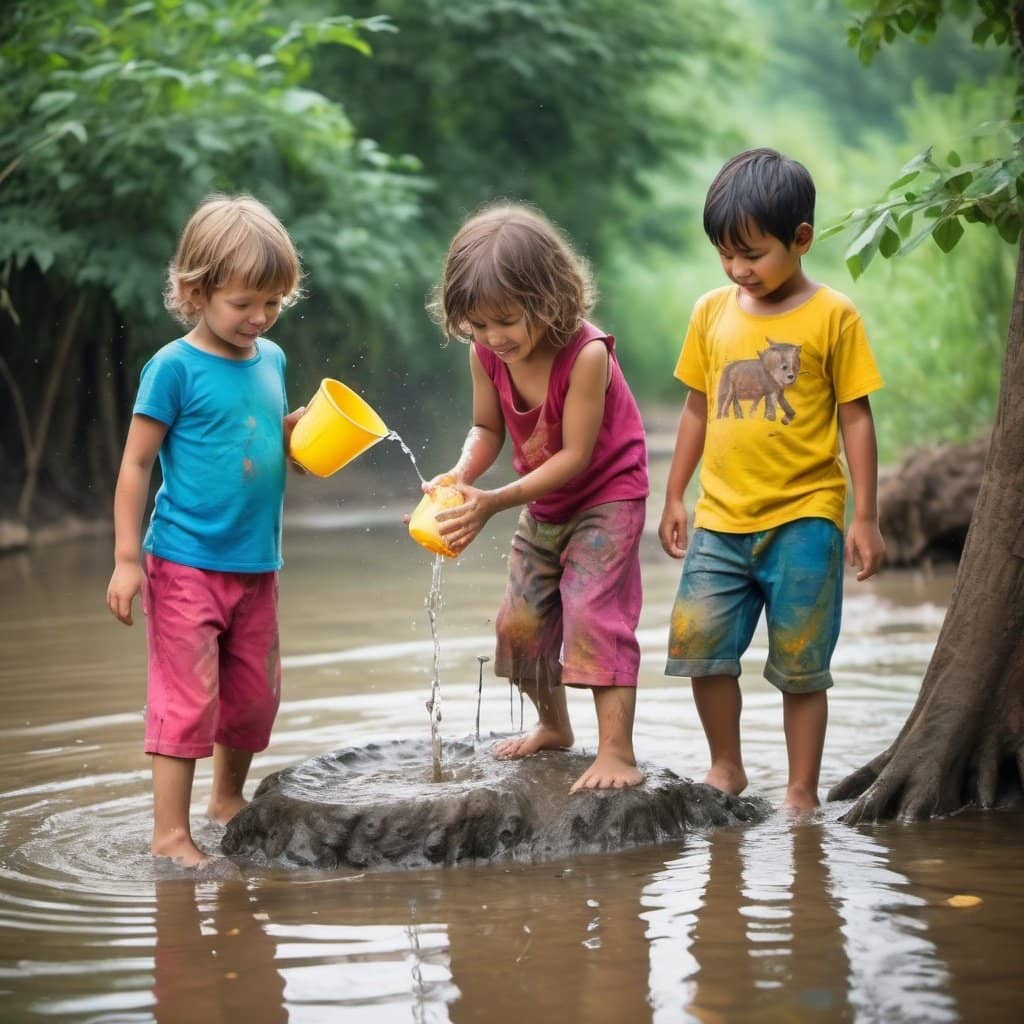by Teresa Cameira
Abstract
- Challenges in nature education
- Benefits of nature-based learning
- Advocating for nature education
Nurturing Nature Intelligence: A Teacher´s Perspective
As a teacher, my journey in education has constantly evolved, driven by a firm belief in the profound impact of holistic learning experiences. Our classrooms are more than just four walls; they are gateways to a world waiting to be explored and learning goes beyond textbook knowledge; it’s about developing a deep relationship with the world around us. However, in an age dominated by screens, gadgets and schedules, it is often extremely hard to motivate children (and their parents) to come out and get lost in the wild.

In Portugal, taking children out during school time, even if for brief moments, requires a series of procedures that test the teachers’ patience and willingness in providing different experiences to their students. Quite often, they just give up as the barriers seem almost invincible. And slowly and steadily technology takes over natural world. But let’s not forget that schools are key spaces where students spend a significant part of their lives and it is therefore our responsibility to empower children to become informed and engaged citizens, shape attitudes, beliefs and behaviours towards the world we live in and should nurture for future generations.
As academic studies investigate deeper into understanding human development, it’s becoming increasingly clear that reconnecting with nature isn’t just a luxury; it’s a necessity. Outdoor classrooms, nature trails, school gardens and playing in the wild offer immersive learning environments and provide hands-on learning in nature. They not only boost academic learning but also foster a profound appreciation for the natural world, inspiring a sense of wonder, curiosity and respect.

I believe and it has been proven that exposure to nature enhances cognitive abilities, improves focus and attention, reduces stress, and boosts creativity as well as provides a sense of freedom and well being. Nature-based learning environments provide endless opportunities for exploration, experimentation, and discovery, all of which are fundamental to holistic education. Besides nature-based education cultivates a sense of environmental responsibility and active engagement. When students develop a personal connection to nature, they are more likely to become advocates for environmental conservation and sustainable living practices. And our world really needs people that care.
Some European countries are already one step ahead in reckoning that true and effective connection to nature is essential and that means really encouraging students to interact with these natural elements without the protection barriers that most adults tend to build so that children do not get dirty, do not get injured, do not have to solve problems that may appear in the wild, do not have to face the unknown … and this overprotection inhibits reasoning, initiative, problem solving, creativity which manifest all through their lives. And that’s why I, as an educator, find it decisive to integrate Nature Intelligence somehow in the school curricula.
In a world where the pace of technological advancements shows no signs of slowing down, it is more important than never to make sure that children stay grounded in the natural world. As teachers, we hold the power to open the doors wide for our students and unlock their full potential outside the classrooms, equipping them with the skills, knowledge and values they need to thrive in the 21st century and beyond.




